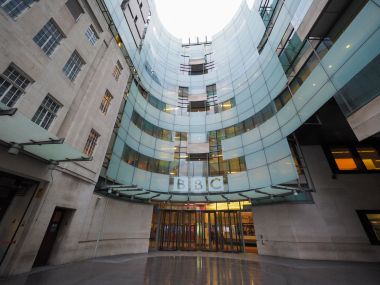
After commemorating 100 years of religious broadcasting, the BBC has reaffirmed its commitment to continue faith programming on both television and radio, emphasising the enduring relevance of religious content in today’s media landscape.
Tim Pemberton, Head of Religion and Ethics for BBC Audio, and Daisy Scalchi, Head of Religion and Ethics for Television, have expressed enthusiasm for religious programming despite financial constraints.
Pemberton reflected on the significance of faith broadcasting during the pandemic era, stating, “Religion was as relevant as it was 100 years ago.” He highlighted the pivotal role of such broadcasts, along with digital media, when churches were forced to close their doors to worshippers.
Having acknowledged the evolving patterns of religious engagement, Pemberton noted, “Whereas formal religion may decline over time… that’s different to people’s interest in religion and people’s engagement in spirituality.”
Scalchi added insight into the complexity of modern religious attitudes, stating that despite more people identifying as ‘none’, this doesn’t equate to disinterest in religion. “They’re actually a really complex group of people who often are quite warm towards religion,” she explained.
It remains culturally important for believers to have key Christian events recognised and validated by reports and coverage from the BBC.
Despite budgetary challenges affecting all genres due to inflation, Scalchi assured faith audiences that their focus remains on maximising content reach. She cited successful digital series such as ‘Love, faith and me’ and highlighted ‘Gareth Malone’s Easter Passion’ as a cross-platform initiative, bringing the Christian message to a wide a range of people as possible.
Scalchi further remarked upon this expanded range of output, stating, “It brought the Passion story to a really broad audience.” And reassuringly to the Christian community, she added, “We’re making sure that that stays front and centre of our offering at Easter.”